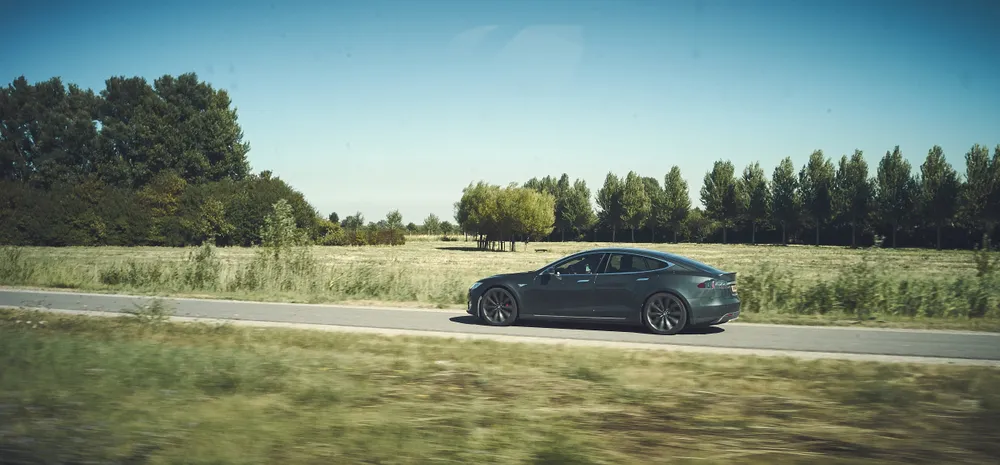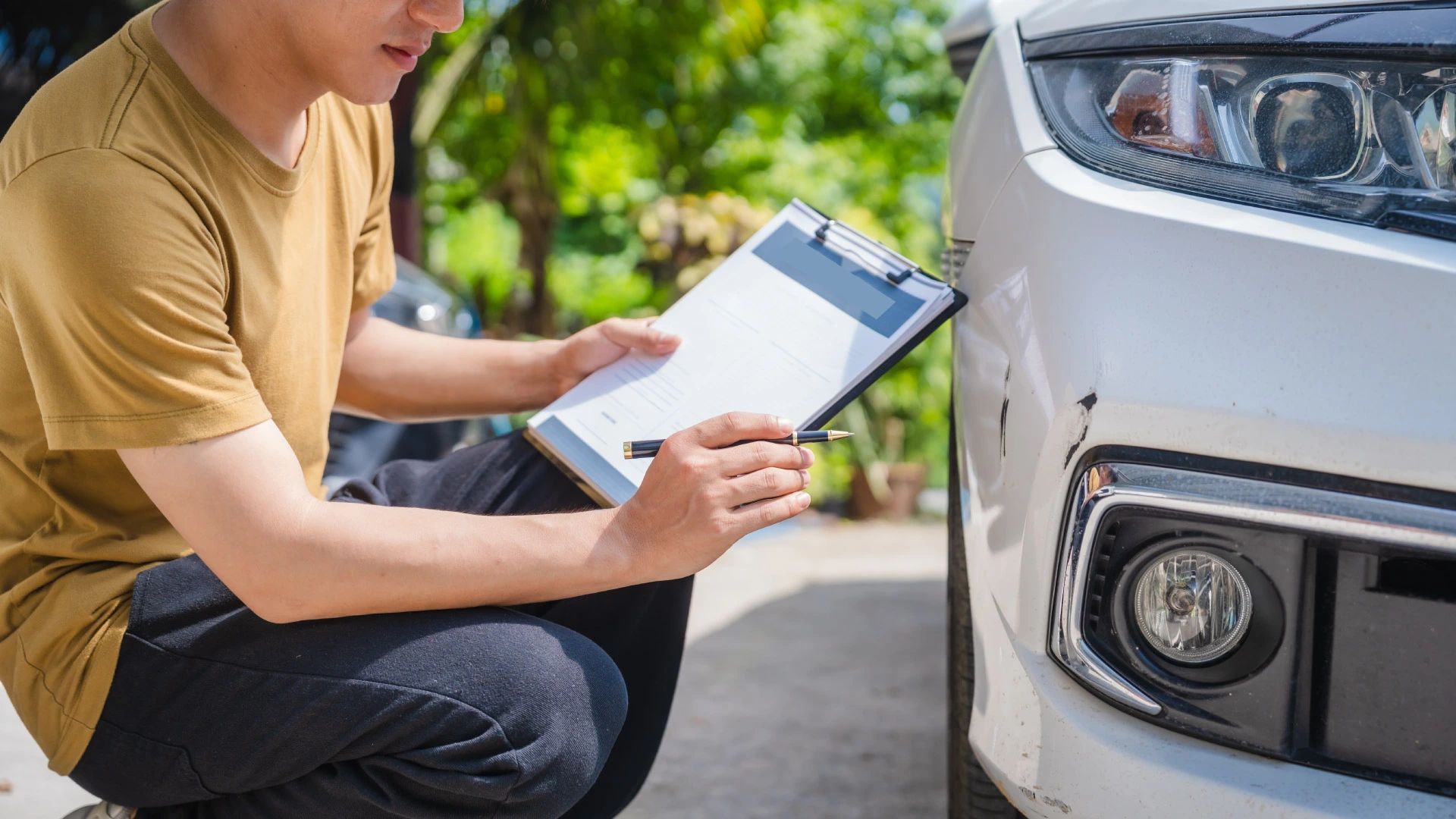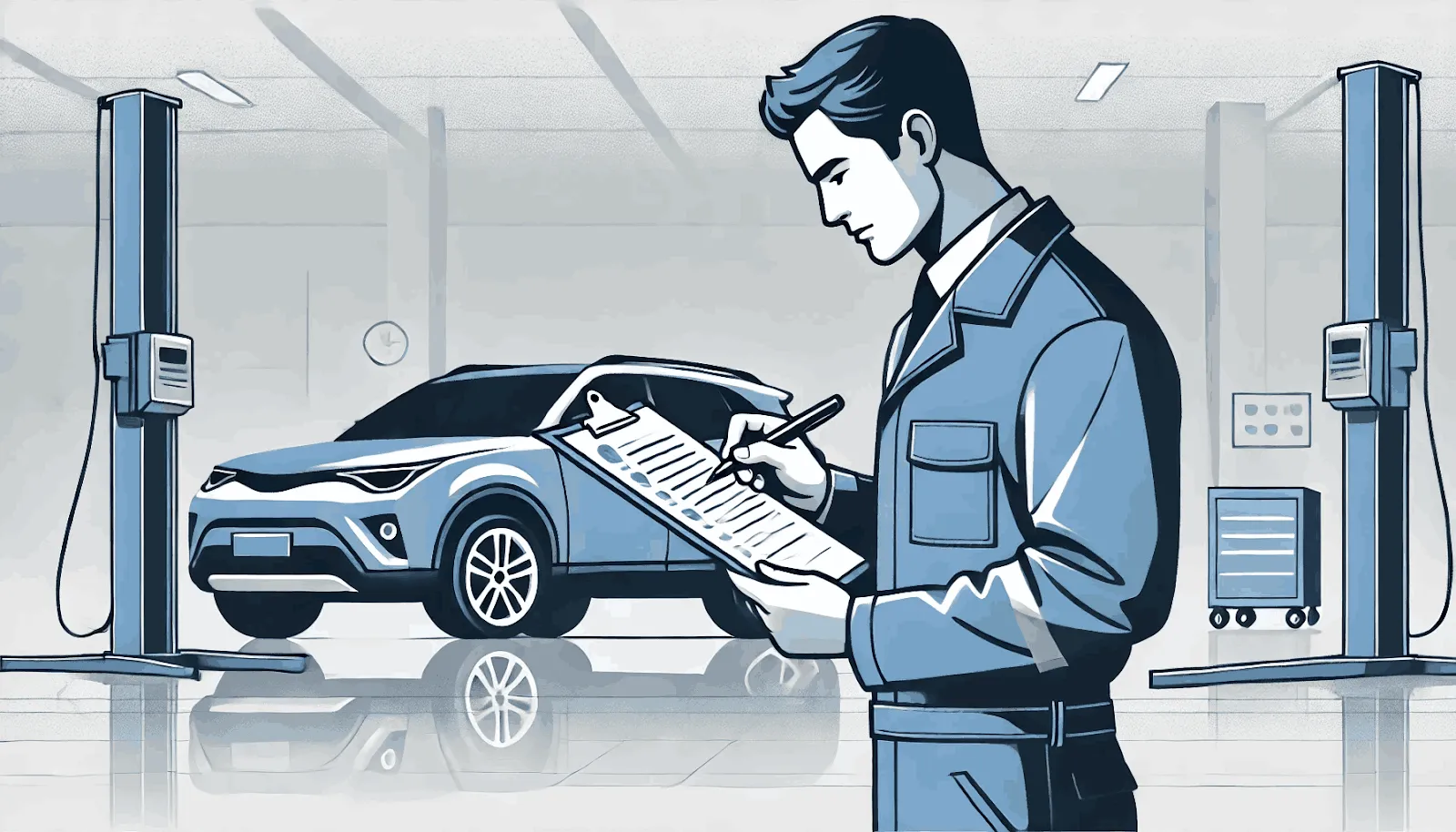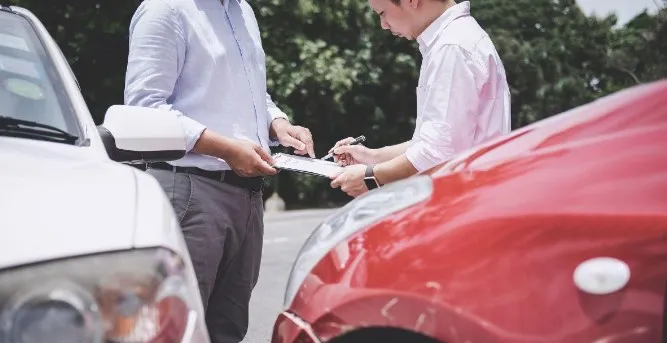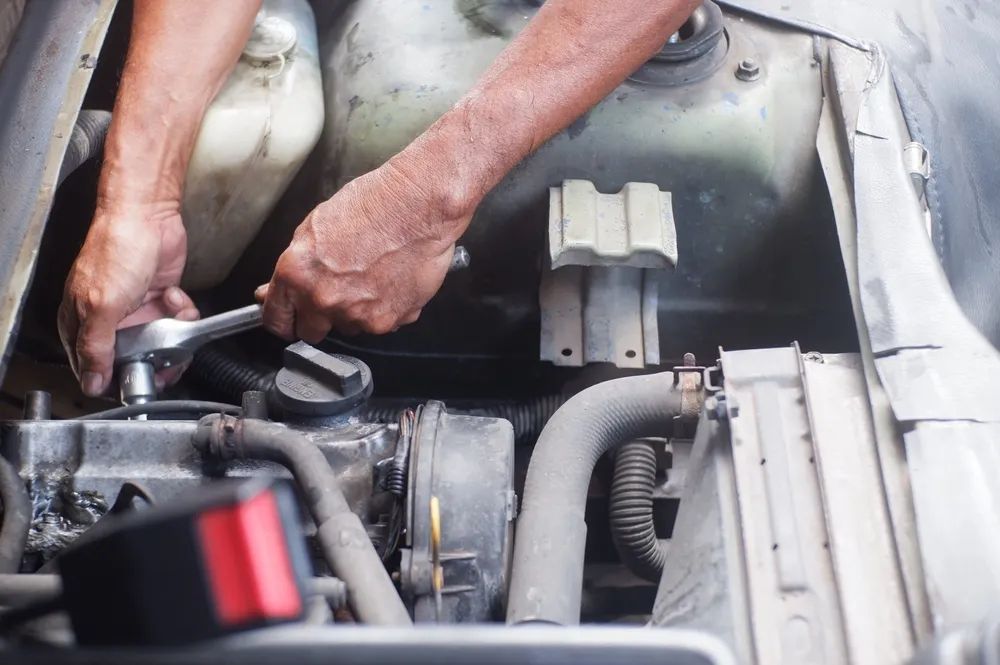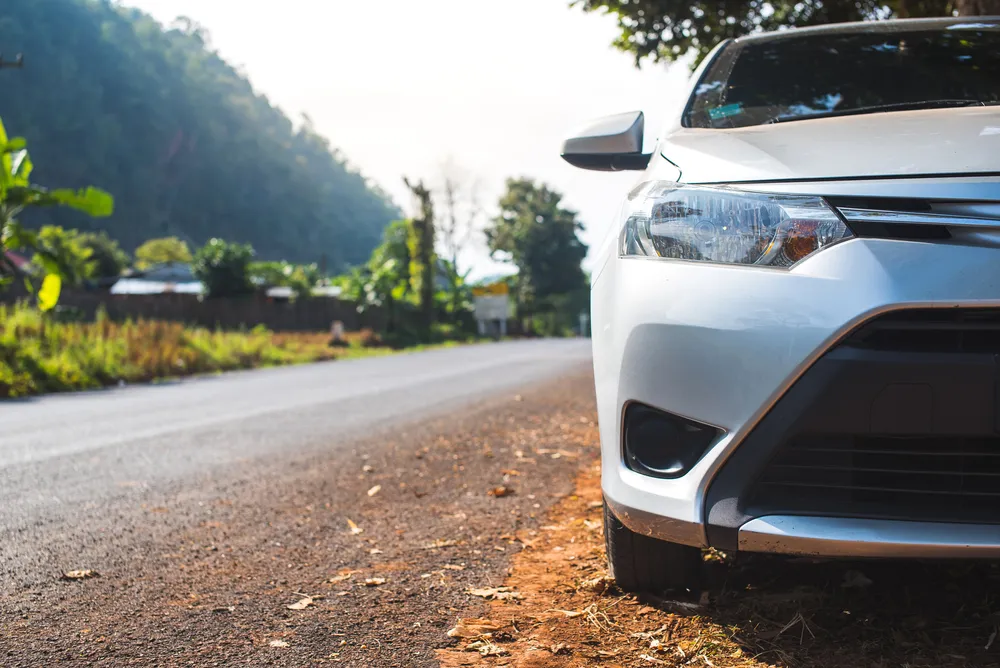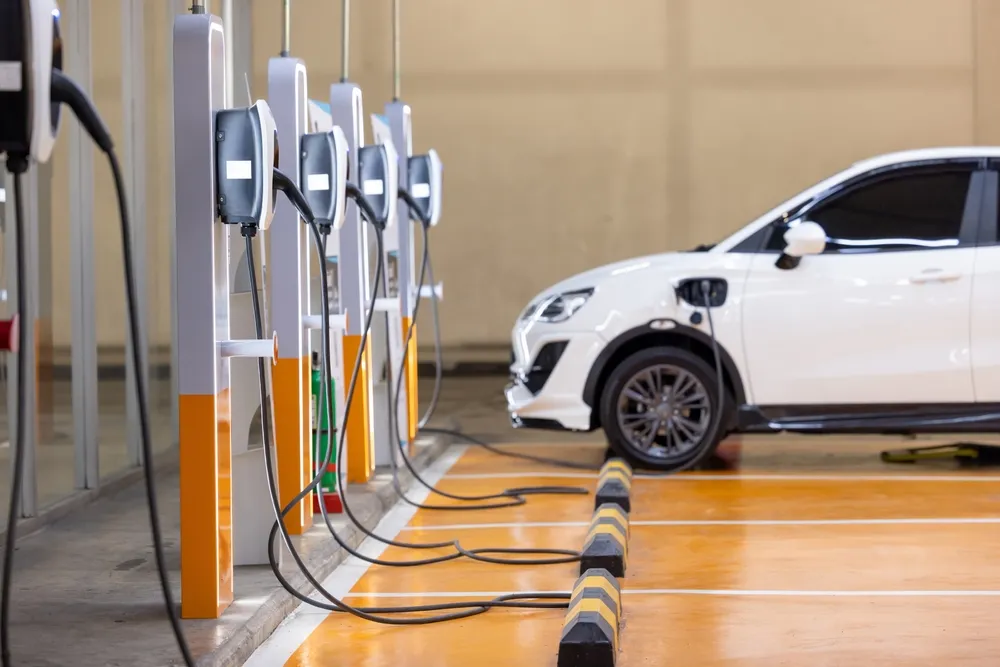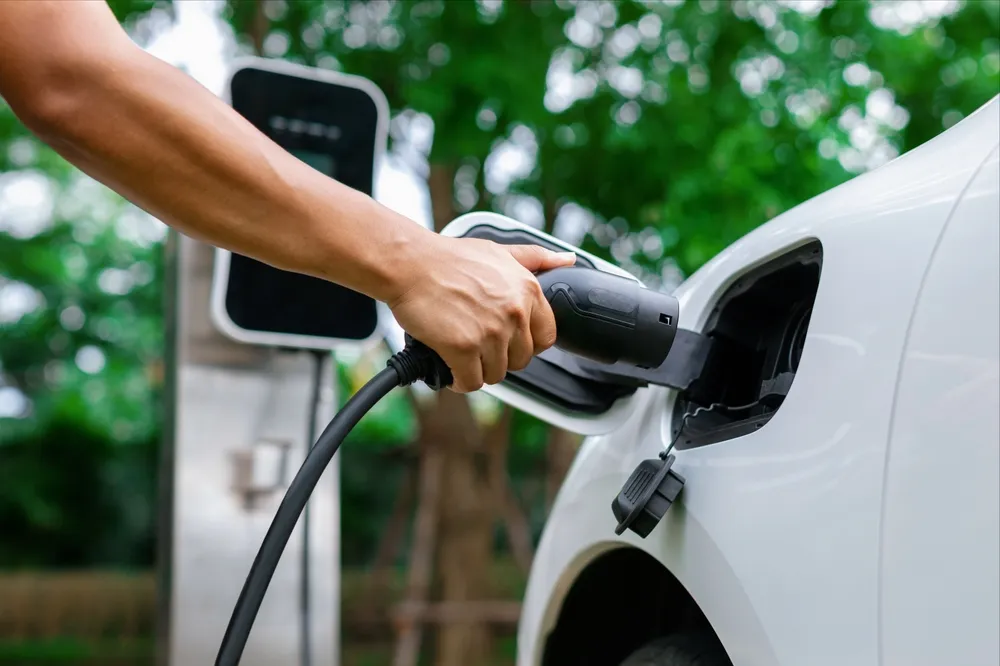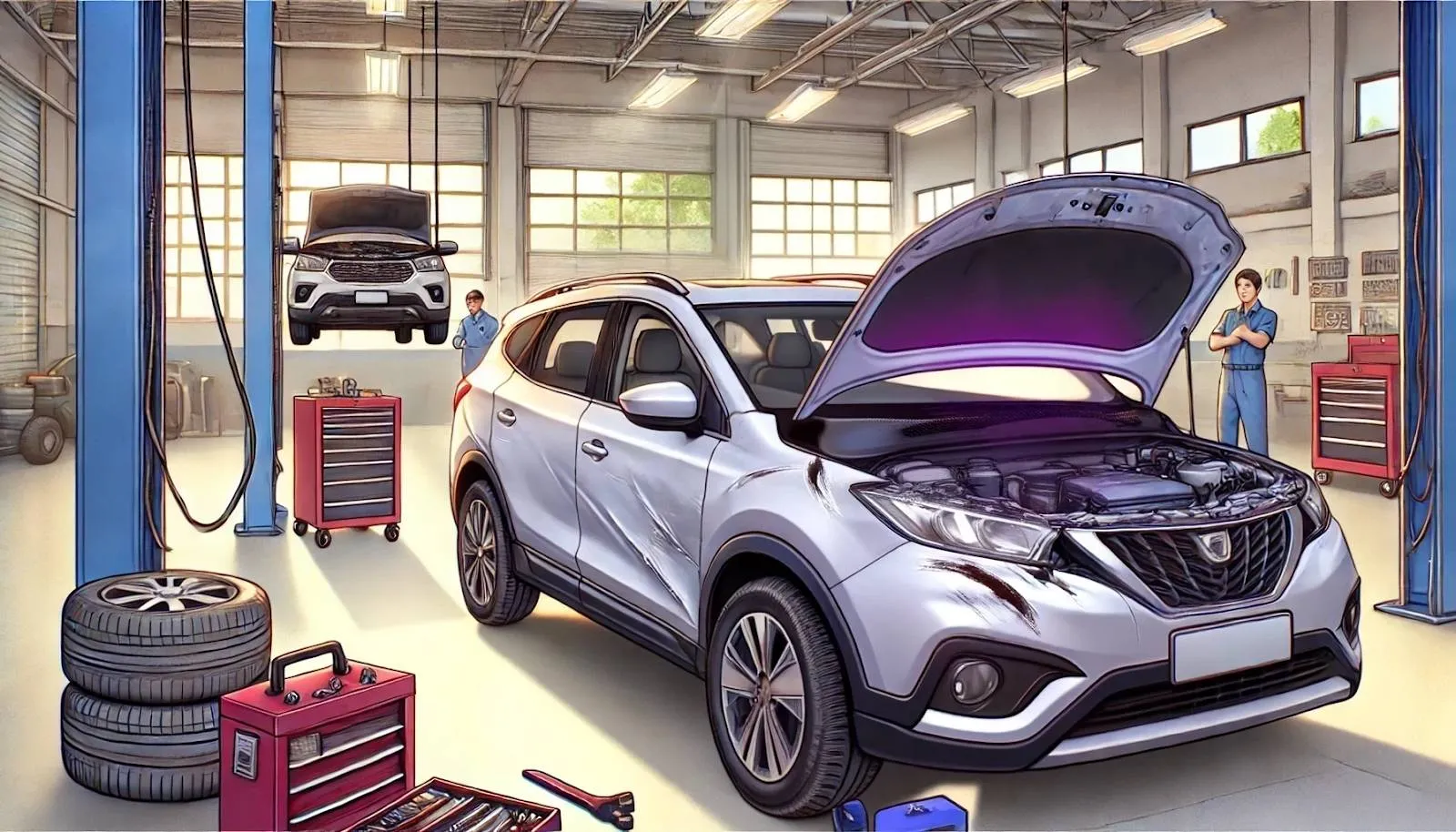A New Era of Transportation
A significant transformation in the world of transportation has begun with the advent of EVs. These vehicles symbolize a future that is eco-friendly, efficient, and pollution-free. Globally, the adoption of EVs has seen a significant increase, particularly in developed countries like the United States, Germany, and China. But what about Indonesia?
As a country with a growing population and increasing urbanization, Indonesia is beginning to feel the urgency of transitioning to eco-friendly technologies. EVs not only offer a solution to air pollution problems in major cities like Jakarta but also align with the government’s commitment to reducing carbon emissions by 29% by 2030.
In the local market, EVs are now more than just an alternative. With government policies such as tax incentives and the development of charging station infrastructure, the public is beginning to see EVs as a practical and sustainable transportation choice. Over time, EVs have the potential to transform how Indonesians travel, shifting from a mere necessity to a modern lifestyle.
What Are EVs?
EVs are a type of vehicle powered by electric motors using energy stored in batteries. Unlike conventional cars that rely on internal combustion engines and fossil fuels, EVs offer a cleaner and more efficient operation.
There are several main types of EVs, each with unique technology and operation:
Battery EVs (BEV): Fully powered by electricity and require regular battery charging.
Plug-in Hybrid EVs (PHEV): Combine an internal combustion engine with an electric motor, allowing the vehicle to switch between fuel and battery.
Hybrid EVs (HEV): Use a combination of gasoline engines and electric motors but cannot be recharged from external power sources.
Key components of EVs include:
Electric Motor: Converts electrical energy into mechanical power to drive the wheels.
Battery: Stores electrical energy, typically using lightweight and durable lithium-ion technology.
Controller: Manages the flow of electricity from the battery to the motor to ensure optimal efficiency.
Operating an EV is simple. You just need to charge the battery using a charging station or home electricity. Once fully charged, the vehicle is ready to use without emitting exhaust gases. This technology is an ideal solution for modern society seeking energy-efficient and eco-friendly transportation.
The Development of EVs in Indonesia
The journey of EVs in Indonesia started slowly but has recently gained momentum. Initially, the use of EVs was limited to certain groups, such as large companies or individuals interested in eco-friendly technology. However, in recent years, the industry landscape has changed dramatically.
Early History
In the early 2010s, EVs were first introduced in Indonesia through exhibitions and automotive events. At that time, limited charging infrastructure and high vehicle prices were the main obstacles.
Key Milestones
The year 2020 marked a turning point for the EV industry in Indonesia. President Joko Widodo signed Presidential Regulation No. 55 of 2019 on accelerating the battery-powered electric motor vehicle program. This regulation not only opened opportunities for foreign investment in the EV sector but also provided tax incentives for consumers.
Global and Local Brands
Global brands such as Hyundai, Nissan, and Tesla have introduced their models to the Indonesian market. In addition, local players like Wuling and Gesits are actively developing more affordable EVs for domestic consumers.
Infrastructure Growth
The national electricity provider PLN has taken significant steps to support the development of EVs. Currently, charging stations are available in major cities like Jakarta, Surabaya, and Medan, with plans for further expansion to remote areas.
Public Awareness
One significant advancement is the growing awareness among the public about the importance of EVs for a sustainable future. The younger generation, in particular, is pioneering the adoption of this technology, viewing it as part of a socially and environmentally responsible modern lifestyle.
From a challenging past to a hopeful present, the development of EVs in Indonesia reflects the nation’s commitment to a greener and more innovative future in transportation.
Benefits of EVs
Eco-Friendly: EVs help reduce air pollution and carbon emissions, especially in major cities like Jakarta, which often face air quality issues.
Lower Operational Costs: Although the initial price of EVs is relatively high, their operational costs are lower than fossil-fuel-powered vehicles, as they don’t require gasoline or diesel.
Technological Innovation: EVs drive innovation across various sectors, from developing longer-lasting batteries to creating fast-charging solutions.
Support for the National Economy: By reducing fossil fuel imports and increasing local EV production, the national economy can benefit.
Challenges in Adopting EVs in Indonesia
Uneven Infrastructure: Although charging stations are increasing, their distribution is still concentrated in major cities, leaving remote areas with limited access.
High Vehicle Prices: EVs tend to be more expensive than conventional cars, making them less accessible to most of the population.
Lack of Public Awareness: Not everyone understands the long-term benefits of EVs. Further education is needed to encourage adoption.
Battery Capacity and Charging Time: Limited battery capacity and relatively long charging times remain technical hurdles that need to be addressed.
Conclusion
The era of EVs has begun in Indonesia, bringing hope for a greener and more sustainable future. With government support, infrastructure development, and increased public awareness, EVs are a tangible solution to environmental issues and improving transportation efficiency.
Owning an EV in Indonesia not only benefits the environment but also requires proper protection to safeguard your investment. Oona Insurance offers an ideal solution for EV owners, providing EV insurance coverage tailored to the needs of modern EVs.
